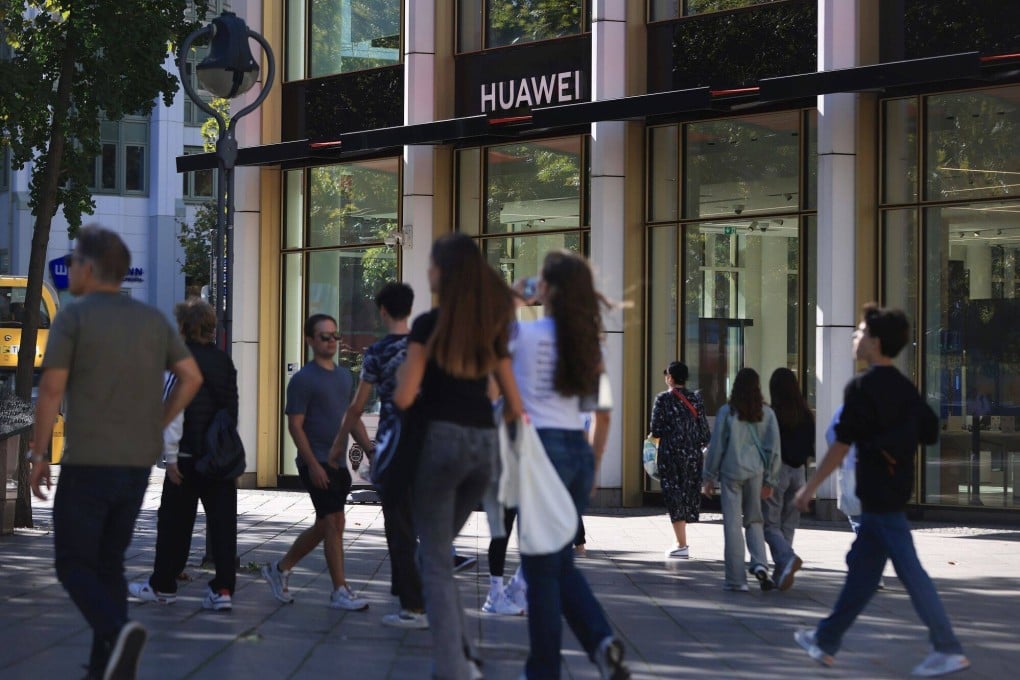Germany’s digital ministry resists Huawei 5G ban as decision nears
- The interior ministry has sought to strip out equipment from China’s Huawei and ZTE for national security reasons
- But the digital ministry opposed the measure, highlighting tension in Germany’s ruling coalition, which is also bickering over several other issues

Germany is nearing a decision to strip Chinese critical components from the nation’s 5G core network by 2026, with three of the four relevant ministries backing the measure, according to people familiar with the discussions.
The foreign and economy ministries support an interior ministry proposal to strip out equipment from Huawei Technologies Co. and ZTE Corp. for national security reasons, according to the people, who asked not to be identified because the discussions are not public. The digital ministry has not signed off on it due to industry opposition, they said.
A spokesperson for the digital ministry said that it rejects claims that it’s blocking a decision “on security issues relating to mobile network expansion.”
An interior ministry spokesperson said the review of German mobile networks is ongoing, and declined to comment further. Spokespeople for the foreign and economy ministries, Huawei and ZTE did not immediately reply to requests to comment.
The deal envisions a two-step phase-out for Chinese components, according to the people. German telecommunications providers would be required to remove all Huawei and ZTE critical components from their core networks by January 1, 2026, and then reduce structural dependency on Chinese components in their access and transport networks by 2029, they said.
The failure to reach a deal to date reflects tension in Germany’s ruling coalition, which is also bickering over several other issues, including next year’s federal budget and how to finance a takeover of the German power grid from Dutch grid operator Tennet Holding BV.
